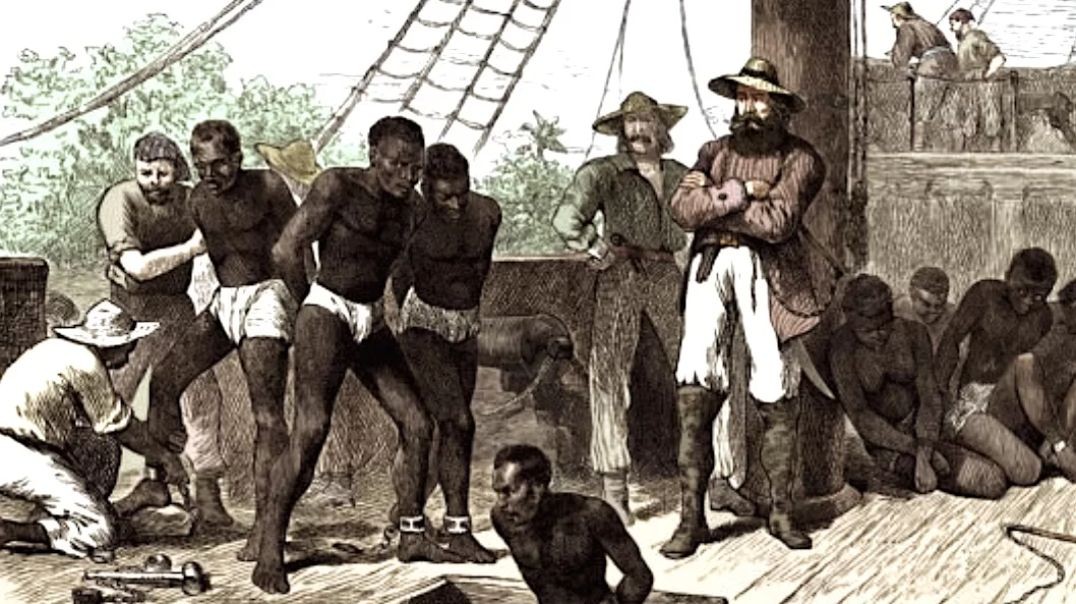Emperor Za Dengel of Ethiopia: A Detailed Exploration
Table of Contents
- Introduction
- Early Life and Background
- Historical Context of Ethiopia in the Late 16th Century
- Ascension to the Throne
- Political and Religious Landscape of Ethiopia
- Reign of Emperor Za Dengel
- 6.1 Initial Reforms
- 6.2 Religious Policies
- 6.3 Foreign Relations and Jesuit Influence
- Revolt and Challenges to Za Dengel’s Rule
- 7.1 Conflicts with Nobles and Clergy
- 7.2 Religious and Political Opposition
- Military Campaigns and Major Battles
- Downfall and Death
- 9.1 The Betrayal and Loss of Power
- 9.2 The Battle of Bartcho and Za Dengel’s Demise
- Legacy and Historical Impact
- 10.1 The Short-Term Effects of His Reign
- 10.2 Long-Term Influence on Ethiopian Politics and Religion
- Conclusion
- Frequently Asked Questions (FAQ)
- References and Further Reading
1. Introduction
Emperor Za Dengel was an Ethiopian monarch whose brief but eventful reign in the early 17th century left a lasting mark on Ethiopian history. His rule was defined by ambitious reforms, attempts to introduce new religious ideas, and alliances that placed him at odds with powerful factions within his empire. Although his time on the throne was short-lived, Emperor Za Dengel’s life provides a glimpse into a complex period in Ethiopian history, filled with tension between tradition and innovation, and between the imperial court and regional leaders. This article delves into Za Dengel's life, reign, struggles, and legacy to understand his impact on Ethiopia’s historical trajectory.
2. Early Life and Background
Za Dengel, whose birth name remains largely unrecorded, was a member of the Solomonic dynasty, which claimed descent from the biblical King Solomon and the Queen of Sheba. His familial ties to the Ethiopian throne provided him with a royal claim, though his path to power was fraught with political obstacles and rivalries. His early years were spent navigating the treacherous politics of the Ethiopian court, learning from a young age the delicate balance of power that would later define his rule.
3. Historical Context of Ethiopia in the Late 16th Century
The period preceding Za Dengel’s reign was marked by significant upheaval and foreign invasions. The Ethiopian Empire, while proud and ancient, faced challenges from neighboring Muslim sultanates, as well as from Portuguese explorers and missionaries who sought to influence the region’s politics and religion. Ethiopia was a unique Christian kingdom in a predominantly Islamic region, and this geopolitical tension set the stage for Za Dengel’s interactions with foreign powers and the domestic church.
4. Ascension to the Throne
Za Dengel ascended to the Ethiopian throne in 1603, following a period of political instability that had weakened the central authority of the empire. He was chosen as a compromise candidate, with hopes from different factions that he would prove a manageable ruler. However, Za Dengel’s ambitions soon became evident, as he attempted to implement reforms and establish his authority over the fractious nobility.
5. Political and Religious Landscape of Ethiopia
At the time of Za Dengel's rise, Ethiopian politics were dominated by a powerful nobility that often acted independently of the emperor. The Ethiopian Orthodox Church wielded significant influence as well, with many of its leaders viewing themselves as defenders of Ethiopian tradition and Christianity. Za Dengel’s alignment with Jesuit missionaries, who had recently gained a foothold in Ethiopia, created tensions, as the church saw this as a potential threat to its doctrine and authority.
6. Reign of Emperor Za Dengel
6.1 Initial Reforms
Upon ascending to the throne, Za Dengel introduced a series of reforms aimed at consolidating his power and addressing issues of governance. These included attempts to centralize the administration and reduce the influence of the nobility, which had become semi-autonomous in recent years. His reforms, while well-intentioned, quickly alienated many of his potential allies.
6.2 Religious Policies
One of the most controversial aspects of Za Dengel’s reign was his relationship with the Jesuits and his apparent openness to Catholicism. While Ethiopia had been a bastion of Christianity for centuries, the Ethiopian Orthodox Church viewed Catholicism with suspicion. Za Dengel’s religious policies, which included a proposal to adopt Catholic teachings, created friction with the church hierarchy, leading to further isolation of the emperor from his subjects.
6.3 Foreign Relations and Jesuit Influence
The Portuguese, represented by Jesuit missionaries, saw Za Dengel’s openness to Catholicism as an opportunity to strengthen ties between Ethiopia and Europe. Jesuit influence became particularly strong at Za Dengel’s court, further straining his relationship with the Orthodox Church and the Ethiopian nobility. His alignment with the Jesuits eventually contributed to the rebellion that would unseat him.
7. Revolt and Challenges to Za Dengel’s Rule
7.1 Conflicts with Nobles and Clergy
As Za Dengel’s reforms and religious policies became more apparent, opposition from the nobility and clergy intensified. Ethiopian nobles saw his actions as an affront to their autonomy, while the Orthodox Church viewed his religious sympathies as heretical.
7.2 Religious and Political Opposition
Za Dengel’s association with the Jesuits and his apparent disregard for Ethiopian traditions led to widespread dissent. The church and nobility, often at odds themselves, united against him, leading to a revolt that sought to remove him from power. The revolt was marked by intense violence and political maneuvering as various factions jockeyed for control.
8. Military Campaigns and Major Battles
Za Dengel’s attempts to suppress the rebellion led to several battles, the most significant of which was the Battle of Bartcho. His forces, composed of loyalists and foreign mercenaries, faced a well-organized coalition of Ethiopian nobles and clerics who saw him as a threat to their authority and religious values. Despite his determination, Za Dengel’s forces were ultimately defeated, leading to his downfall.
9. Downfall and Death
9.1 The Betrayal and Loss of Power
In the final days of his reign, Za Dengel was abandoned by many of his allies, including some who had previously supported his reforms. Betrayed and isolated, he struggled to maintain control as the rebellion gained momentum.
9.2 The Battle of Bartcho and Za Dengel’s Demise
Za Dengel was killed at the Battle of Bartcho in 1604, marking the end of his turbulent rule. His death underscored the failure of his reformist agenda and the challenges faced by Ethiopian emperors in maintaining power amid a fractious political landscape.
10. Legacy and Historical Impact
10.1 The Short-Term Effects of His Reign
Za Dengel’s rule, while brief, had immediate consequences for Ethiopia. His attempts to centralize power and introduce new religious practices were quickly reversed, as his successors sought to restore the balance between the crown, church, and nobility.
10.2 Long-Term Influence on Ethiopian Politics and Religion
In the long run, Za Dengel’s reign highlighted the limitations of centralized authority in Ethiopia and the powerful role of the Orthodox Church. His rule is remembered as a cautionary tale of the dangers of overreach in both politics and religion.
11. Conclusion
Emperor Za Dengel’s brief reign is a significant chapter in Ethiopian history, illustrating the complex dynamics between the monarchy, church, and nobility. His legacy serves as a reminder of the challenges faced by rulers in maintaining unity in the face of powerful and often competing interests. Though his reforms were ultimately unsuccessful, Za Dengel’s story continues to capture the imagination of historians as a poignant example of ambition and its consequences.
12. Frequently Asked Questions (FAQ)
- What were Emperor Za Dengel’s main reforms?
- Why was Za Dengel’s religious policy so controversial?
- What role did the Jesuits play in Za Dengel’s reign?
- How did Za Dengel’s reign impact the Ethiopian Orthodox Church?
- What was the outcome of the Battle of Bartcho?
13. References and Further Reading
This article is a broad overview of Za Dengel’s life and legacy. For readers interested in a deeper understanding, recommended sources include historical texts, accounts by Jesuit missionaries, and studies on Ethiopian political history.








